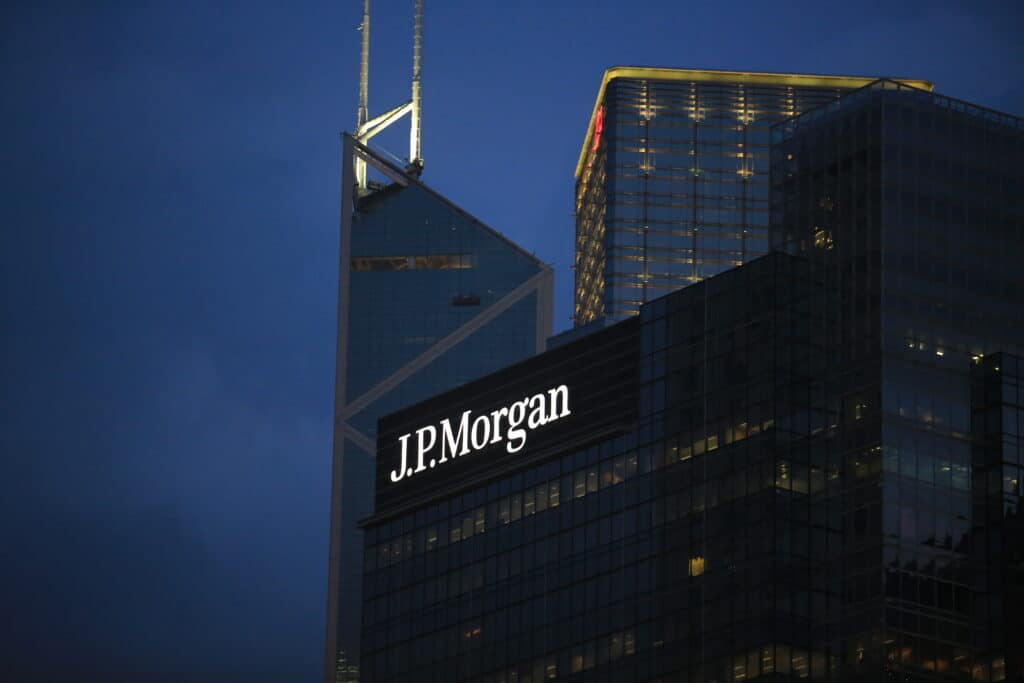
Key Takeaways:
- Major US banks, including JPMorgan, Bank of America, Citigroup, and Wells Fargo, are in early talks about launching a joint stablecoin.
- The GENIUS Act, aiming to regulate stablecoins, has advanced in the Senate, signaling possible bipartisan support.
- The stablecoin market cap has risen 20% this year, reaching $245 billion, with $11 billion in yield-bearing stablecoins.
Major U.S. banks—including JPMorgan Chase, Bank of America, Citigroup, and Wells Fargo—are reportedly in early talks to launch a jointly issued stablecoin.
The initiative also involves Early Warning Services (operator of Zelle) and the Clearing House.
Exclusive: Major U.S. banks are exploring a joint stablecoin to compete with the crypto industry https://t.co/PaPmSdEOjh
— The Wall Street Journal (@WSJ) May 23, 2025
These discussions remain preliminary and are contingent on regulatory developments and market demand.
This comes as the U.S. Senate advances the Guiding and Establishing National Innovation for US Stablecoins (GENIUS) Act, a bill aimed at creating a regulatory framework for stablecoins.
On May 20, the Senate voted 66-32 to move the bill forward.
It targets collateralization standards and Anti-Money Laundering compliance.
While the bill enjoys expected bipartisan support, some Democratic lawmakers want to add provisions that would prevent former President Donald Trump and other public officials from financially benefiting from stablecoin projects.
Trump’s family recently launched World Liberty Financial, issuing a stablecoin called USD1 in March.
Meanwhile, stablecoin demand is surging. The total market capitalization has risen 20% this year, from $205 billion to $245 billion.
Yield-bearing stablecoins now make up 4.5% of the market, with a circulating supply of $11 billion.
The banks’ interest signals a potential mainstream shift—pending regulatory clarity.

